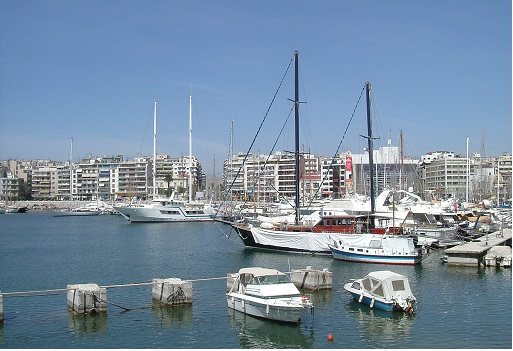
After much speculation, International Development minister Christian Paradis recently launched a call for proposals for the 17-year-old International Youth Internship Program (IYIP), the International Aboriginal Youth Internships (IAYI) initiative, and the 2015-2020 Volunteer Cooperation Program. Established 1997, IYIP has produced a long list of benefits for a variety of different stakeholders including young Canadians, Canadian and foreign NGOs, citizens of developing countries, and Canada itself.
Since its establishment, 7000 youth have participated in IYIP giving young Canadians the opportunity to undertake paid work in developing countries at an average a cost of about $6.4 million per year to Canada. Among the long-stated objectives of IYIP include providing young Canadians with international work experience that will prepare them for future employment; providing opportunities for Canadians to increase their awareness and understanding in international development; and contributing to Canada’s international priorities of reducing poverty, promoting human rights and increasing sustainable development abroad.
However, with federal government funding for the program scheduled to end in March of this year, concerns grew that IYIP would be cancelled. In an interview with Embassy last fall, Minister Paradis explained that funding for programs such as IYIP was under review and stressed this did not necessarily mean they would be cut. The uncertainty surrounding whether or not IYIP would continue to exist led several Canadian NGOs to voice concerns over the possible negative ramifications of cutting such programs.
The federal government’s recent announcement that it will continue funding these initiatives came as a relief to Canadian NGOs, young Canadians interested in working in development, and Canadian partner organization abroad. However this decision should also be welcomed by all Canadians for various reasons.

At a time when Canadian youth unemployment remains high (at present 13.4%), programs such as IYIP have long been helpful in allowing young Canadians gain invaluable work experience. The fact that IYIP offers paid employment to young Canadians is a welcome bonus considering that unpaid internships have increased in prevalence in recent years. Upon returning from their internships abroad, participants often find themselves more employable. They eventually enter the job market, successfully integrating into Canada’s economy and contributing their share in taxes, helping off-set some of the program costs incurred by the federal government.
Programs such as IYIP are further useful because they help Canada pursue its values-based foreign policy agenda, which encompasses many facets including the aforementioned aims of combatting poverty, promoting human rights and promoting sustainable development. An added benefit of pursuing a values-based agenda is that it helps enhance Canada’s image and international standing. By helping some of the world’s least developed countries, Canada is helping those most in need, which projects a positive image of Canada to the world.
In sending young Canadian ambassadors abroad, Canada showcases its diversity, tolerance and equality to societies which may not currently possess such characteristics. Not only does sending young Canadians abroad help promote Canadian values, it allows Canada to promote its soft power, as Canada seeks to pursue its international political and economic interests.
Additionally, young Canadians return with a better understanding of their host societies, which offers them with additional knowledge that could be useful for them and Canada’s economy. Whether pursuing work in the private sector, civil service or with non-profits, former interns can draw upon their experiences and knowledge throughout their careers. For instance, an intern who worked in South Africa may end up working for a Canadian company with business ties to South Africa that can draw upon his or her knowledge of the country. Interns who have spent 6-months in a Latin American country may have used their time there to have improved their Spanish-language skills and use those skills to pursue a career as a Canadian diplomat in Latin America.
Such programs further help Canada foster links with developing countries and emerging economies, creating more economic and trade opportunities for Canada in the future, a point Paradis mentioned in his Embassy interview. With the global economy growing increasingly integrated, fostering early trade ties with countries with immature economies could yield immense benefits for Canada once those economies start to ramp up.
At a cost of just $6.4 million annually, successive Liberal and Conservative federal governments have seen a tremendous return on their investment in both young Canadians and development assistance. Subsequently, the decision to extend funding for programs like IYIP should be viewed as a positive development by all Canadians.




